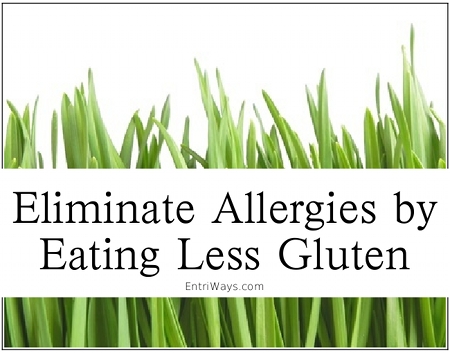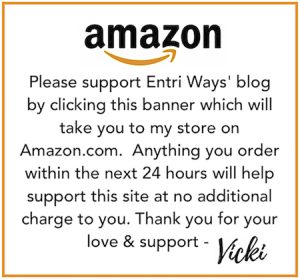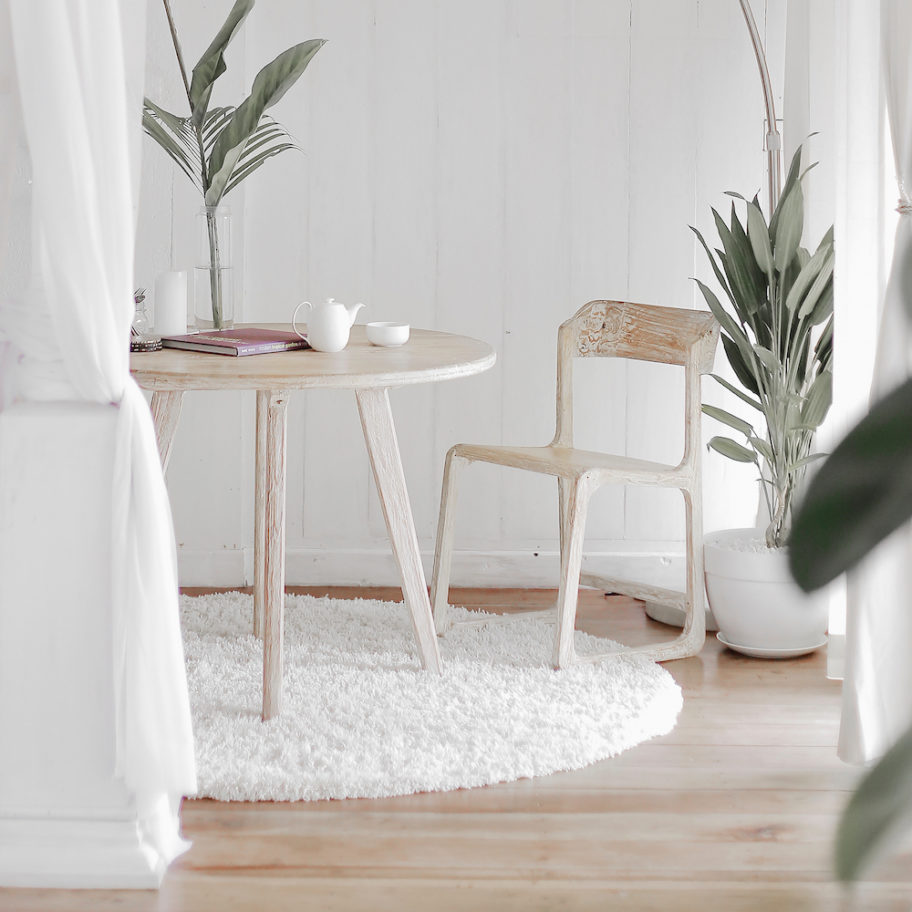Do you get Spring allergies? Have they gotten worse the older you get? Would you like them to magically go away without the use of medicines? Going gluten-free or even reducing the gluten in your diet could prevent your seasonal allergies from ever flaring up.
I actually suffered from terrible Spring allergies after having my three children. The older I got, the worse my allergies became. Then one day everything changed for me.
Back in January 2015, I joined a Facebook group that was doing Whole30. Whole30 is a food elimination diet. For 30 days you only eat whole foods. No dairy, sugar, grains, legumes, alcohol, MSG, carrageenan, or sulfites. You eat plenty of meat, seafood, eggs, vegetables, fruits, and good fats from fruits, oils, nuts and seeds.
At the end of the 30 days you will see dramatic improvement in the way you feel, your skin, your hair, your hormone levels, and even many medical conditions. The idea is that in those 30 days, you’ve eliminated the chemicals, additives, and preservatives that were causing you to feel ill.
Beyond the 30 days, you gradually add foods back into your diet, one at a time, to see how they affect you. You will likely find, like I did, that you have certain food intolerances.
The entire Whole30 experience was life-changing for me and so many others in the group who shared their personal experiences. One of the main things I discovered was the effect gluten had on me.
Gluten is a protein found naturally in grains such as wheat, rye, and barley. By cutting out breads, pasta, crackers and other gluten-containing foods my joints stopped aching, I was more energetic, less bloated, and had clearer skin. But, the main benefit I’ve seen as a result of removing gluten from my diet is that the Spring allergies that I’ve had for the past 10+ years, have disappeared.
That’s right, no allergies for the past two Spring seasons. No itchy eyes. No sneezing or sinus infections.
When you research gluten, you will find information stating that you either eat gluten-free or you don’t. People will tell you that because even the smallest amount of gluten stays in your system for weeks, just cutting back on foods containing gluten has no real effect. They say it has to be all or nothing. While this may be true for those with Celiac disease who cannot eat any gluten, eating low-gluten can still have a very positive effect.
Removing most of the gluten-containing foods from your diet and only having them on occasion can make a dramatic difference. I’m living proof. Although I started the Whole30 completely gluten-free two years ago, I haven’t been eating 100% gluten-free over the past year and my allergy symptoms still have not returned.
To this day, I still won’t eat wheat pasta. In the beginning I didn’t eat any pasta, but after a year, switched over solely to rice pasta which is gluten-free. I do eat completely gluten-free several days a week; but about every third day I do enjoy eating a small amount of fresh Italian bread.
I also only eat rice-based crackers and cereal and stay away from wheat-based flours and bake solely with almond and coconut flours.
Yes, I eat low-gluten and yes it is beneficial.
So if you’re tired of sniffling and sneezing and taking daily medications that only suppress your allergy symptoms, eating a low-gluten diet or going completely gluten-free could be the answer for you too.
Want to receive some of my favorite gluten-free recipes as a I post them? Just subscribe to our blogging mailing list below!







Leave a Reply